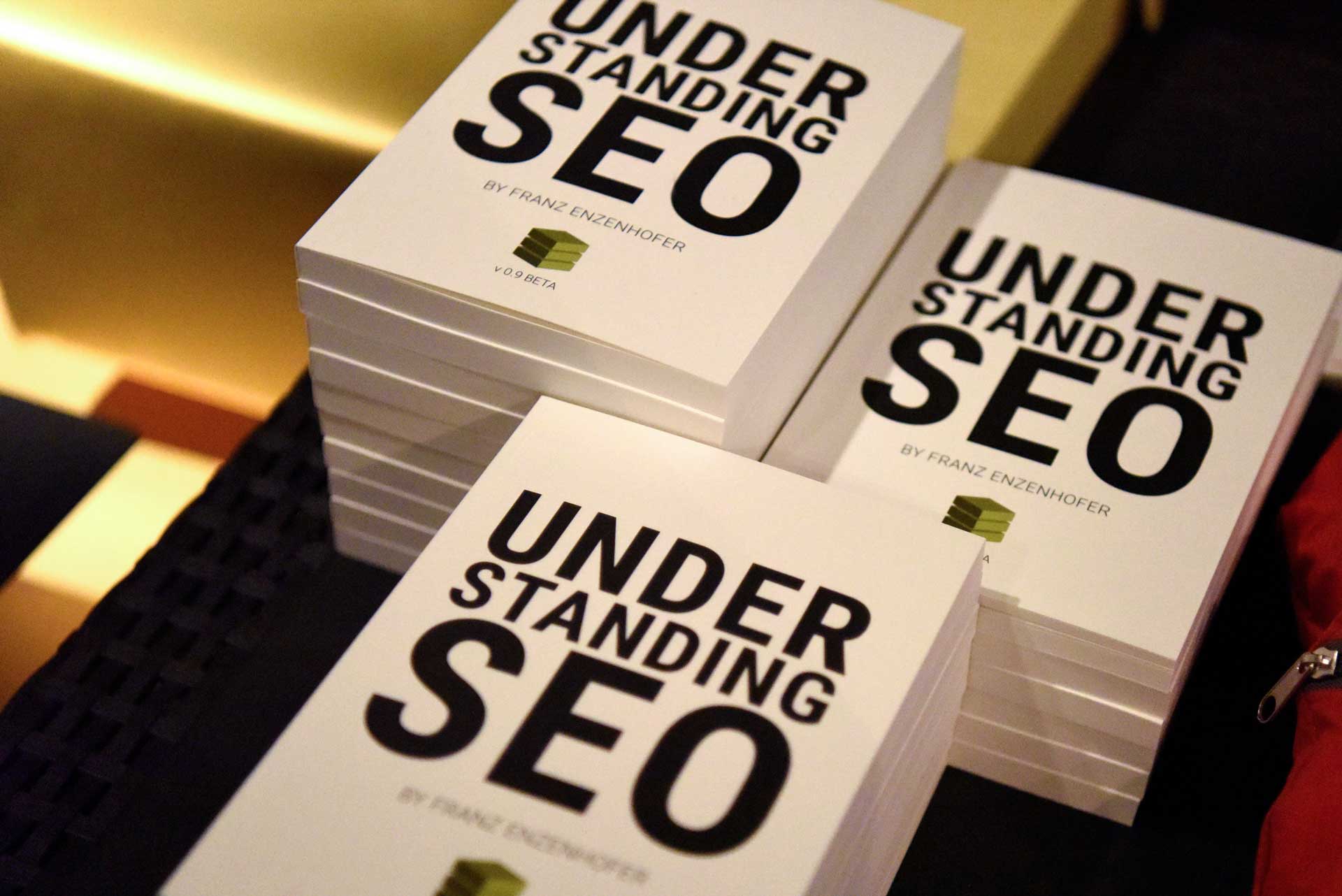
Introduction
Welcome to the world of Sevendust Denial, a phenomenon that affects individuals in different walks of life. Denial is a complex psychological defense mechanism that enables people to avoid facing uncomfortable truths or realities. In this article, we will explore Sevendust Denial in detail, discussing its implications, underlying causes, and strategies to overcome it.
Sevendust Denial: Unraveling the Concept
At its core, Sevendust Denial refers to a state of mind wherein a person adamantly refuses to accept or acknowledge a truth that is evident to others. It involves clinging to false beliefs, minimizing the severity of a situation, or distorting facts to protect one’s self-image and emotional well-being. The term “Sevendust” serves as a metaphor, symbolizing the grit and resistance with which some individuals persist in their denial.
Understanding the Causes of Sevendust Denial
Sevendust Denial can stem from various factors, each deeply rooted in human psychology. Some of the common causes include:
Fear of Change
Many individuals fear change and the unknown. Facing uncomfortable truths may lead to significant life changes, which can be daunting and unsettling Sevendust Denial. Denial provides a temporary shield against these changes, offering a sense of stability, albeit false.
Protection of Self-Image
Our self-image is a critical aspect of our identity Sevendust Denial. Accepting harsh realities could challenge this image, leading individuals to deny the truth to protect their self-esteem.
Emotional Coping Mechanism
In times of distress, denial can act as a coping mechanism, allowing individuals to distance themselves from pain or trauma. It serves as a defense against overwhelming emotions.
Influence of External Factors
Societal norms, cultural beliefs, or pressure from peers can influence denial. People may deny certain truths to fit into a particular group or avoid judgment.
Cognitive Biases
Cognitive biases, such as confirmation bias and selective perception, can reinforce denial. Individuals may only perceive information that aligns with their beliefs, further entrenching their denial.
Signs and Symptoms of Sevendust Denial
Identifying Sevendust Denial can be challenging, as individuals may vehemently reject any suggestion of denial. However, there are common signs and symptoms to look out for:
- Persistent refusal to accept factual evidence, even in the face of overwhelming proof.
- Defensive behavior when the subject of denial is brought up.
- Emotional outbursts or avoidance tactics to evade discussions related to the denied truth.
- Deliberate selective attention to information that supports existing beliefs while disregarding contradicting evidence.
- Alienation from others who attempt to challenge the denial.
The Impact of Sevendust Denial on Mental Health
Sevendust Denial can have severe consequences on mental health and well-being. Prolonged denial can lead to increased stress, anxiety, and depression. It can strain relationships, hinder personal growth, and prevent individuals from seeking help when needed. Breaking free from denial is crucial for mental and emotional healing.
Overcoming Sevendust Denial: Strategies for Growth
Breaking the chains of Sevendust Denial requires courage, self-awareness, and a willingness to confront uncomfortable truths. Here are some effective strategies to facilitate personal growth:
1. Self-Reflection and Acceptance
Encourage self-reflection to recognize denial patterns. Accept that denial exists and that confronting it is a crucial step toward growth.
2. Seek Support and Professional Help
Reach out to friends, family, or support groups who can provide empathy and understanding. Consulting a mental health professional can also be immensely beneficial.
3. Challenge Cognitive Biases
Be open to exploring alternative perspectives and information that contradicts your beliefs. Challenge cognitive biases to gain a more comprehensive view of reality.
4. Practice Mindfulness
Embrace mindfulness techniques to stay present and avoid escaping into denial. Mindfulness fosters self-awareness and emotional regulation.
5. Set Realistic Goals
Establish attainable goals for personal growth and healing. Celebrate progress, no matter how small, as each step counts.
6. Cultivate Resilience
Building resilience is essential in coping with challenging situations. Learn to adapt and bounce back from setbacks.

FAQs about Sevendust Denial
What are the Long-term Consequences of Sevendust Denial?
Long-term denial can lead to increased stress, damaged relationships, and a decline in mental health. It can hinder personal growth and prevent individuals from embracing positive change.
Can Sevendust Denial be Overcome Without Professional Help?
While some individuals may overcome denial through self-awareness and support from loved ones, professional help is often beneficial. Mental health professionals can provide specialized guidance and tools to facilitate healing.
Is Sevendust Denial a Form of Mental Illness?
Sevendust Denial itself is not classified as a mental illness. However, it can be a symptom of various mental health conditions, such as anxiety, depression, or personality disorders.
How Does Sevendust Denial Affect Relationships?
Denial can strain relationships, as the person in denial may be unwilling to address issues or take responsibility for their actions. This can lead to communication breakdown and emotional distance.
Can Sevendust Denial Ever Serve a Positive Purpose?
In rare instances, short-term denial can act as a temporary coping mechanism during highly distressing situations. However, long-term denial generally has negative consequences.
What Role Does Empathy Play in Overcoming Sevendust Denial?
Empathy plays a crucial role in breaking down denial barriers. Empathetic support can create a safe environment for individuals to confront their denial and work towards personal growth.
Conclusion
Sevendust Denial is a complex psychological phenomenon that impacts countless lives. Recognizing and addressing denial is essential for personal growth, mental well-being, and healthy relationships. Embracing self-awareness, seeking support, and challenging cognitive biases are powerful steps toward overcoming denial and leading a fulfilling life.

